Table of Contents
Remembering Coleman Hawkins (1904-1969)
Coleman Randolph Hawkins (November 21, 1904 – May 19, 1969), nicknamed “Hawk” and sometimes “Bean”, was an American jazz tenor saxophonist.
One of the first prominent jazz musicians on his instrument, as Joachim E. Berendt explained: “there were some tenor players before him, but the instrument was not an acknowledged jazz horn”.
Coleman Hawkins biographer John Chilton described the prevalent styles of tenor saxophone solos prior to Hawkins as “mooing” and “rubbery belches”.
Best Sheet Music download from our Library.
Coleman Hawkins denied being first and noted his contemporaries Happy Caldwell, Stump Evans, and Prince Robinson, although he was the first to tailor his method of improvisation to the saxophone rather than imitate the techniques of the clarinet. Hawkins’ virtuosic, arpeggiated approach to improvisation, with his characteristic rich, emotional, and vibrato-laden tonal style, was the main influence on a generation of tenor players that included Chu Berry, Charlie Barnet, Tex Beneke, Ben Webster, Vido Musso, Herschel Evans, Buddy Tate, and Don Byas, and through them the later tenormen, Arnett Cobb, Illinois Jacquet, Flip Phillips, Ike Quebec, Al Sears, Paul Gonsalves, and Lucky Thompson. While Hawkins became known with swing music during the big band era, he had a role in the development of bebop in the 1940s.
Please, subscribe to our Library.
If you are already a subscriber, please, check our NEW SCORES’ page every month for new sheet music. THANK YOU!
Fellow saxophonist Lester Young, known as the “President of the Tenor Saxophone”, commented, in a 1959 interview with The Jazz Review: “As far as I’m concerned, I think Coleman Hawkins was the president, first, right? As far as myself, I think I’m the second one.” Miles Davis once said: “When I heard Hawk, I learned to play ballads.”
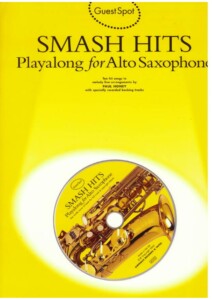
The first and most fundamental chapters in the history of the tenor saxophone in jazz were written by Coleman Hawkins (San Jose, Missouri, November 21, 1904 – New York, May 19, 1969). This was the result of a long and painstaking evolution of an instrument that was perfectly adapted to the musical language of jazz. His family was from a wealthy class and he began studying piano as a child.
At the age of seven he studied the cello and at the age of nine he began to learn to play the tenor sax, an instrument that was not used in jazz at the time and that in commercial orchestras was played with a technique that was too reminiscent of that of circus musicians. At that time he began studying classical music at Washburn College in Kansas City, which he completed in Chicago, the city to which he moved with his family in 1919 and where he had the opportunity to hear jazz for the first time.
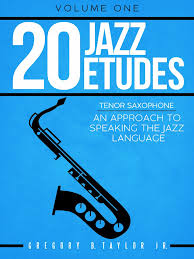
He made his professional debut in 1920 in an orchestra in the Kansas City region, and the following year he was hired by the famous blues singer, Mamie Smith, who used to have in her group musicians of the highest quality such as Buster Bailey, Sydney Bechet, or Bubber Miley. . With it he will arrive in New York and record his first album and begins to become known in the jazz circles of the Big Apple. In 1923, he joined Fletcher Henderson’s orchestra, which with him in its ranks and the incorporation the following year of a very young man, Louis Armstrong, would become the first big band in history and in which Hawkins would remain for eleven long and magnificent years until making that orchestra the best of its time.
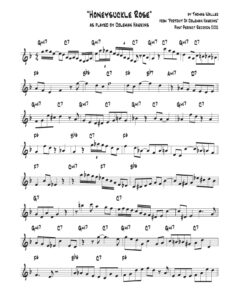
In 1934, Coleman Hawkins left Henderson’s band and went to Europe and in England signed a juicy contract with Jack Hylton’s orchestra. He was expelled from Nazi Germany because of the color of his skin and confined himself first to Holland and then to France, recording albums in Paris with local musicians and coinciding with his friend Benny Carter, who had also traveled to old Europe. In 1939 he returned to the United States where he found that his old disciples were making a big splash in the jazz scene and where he met for the first time a saxophonist from Kansas who began to overshadow him. His name was Lester Young and he stood out among other saxophonists, for putting into practice a style different from his own for the first time in twenty years. Hawkins put together his own orchestra and recorded the historic song: “Body and Soul”, one of the great jazz standards since then and which will mean his definitive consecration as one of the great creators of jazz. From that moment on, he began to be known as the “father of the tenor saxophone.”
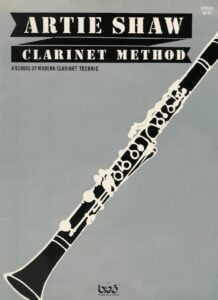
He dissolved his big band in 1941 and worked with smaller groups. In the second half of the 1940s, he would be one of the stars of “Jazz at the Philharmonic”, the musical organization created by Norman Granz, which would be in charge of bringing jazz to all corners of the world. Among his records, the collaboration with Roy Eldridge and Oscar Peterson stands out in the fifties and he recorded some extraordinary albums such as those titled:
“The Genius of Coleman Hawkins” (Verve 1957) or the splendid “High and Mighty Hawk” also for Verve in 1958. In 1962 he recorded a memorable album with Duke Ellington”: “Duke Ellington meets Coleman Hawkins” (Impulse!) and in 1966, He recorded the last album of his life “Sirius” (Pablo) because from that date his health began to play tricks on him and he died three years later, a victim of pneumonia, on May 19, 1969 at the Wickersham Hospital in New York.
With him disappeared the man who was to the tenor saxophone, what Louis Armstrong was to the trumpet: the inventor of the first and, therefore, most important musical-instrumental rules, which would determine the configuration, concept and language of the tenor saxophone in the jazz of all times.
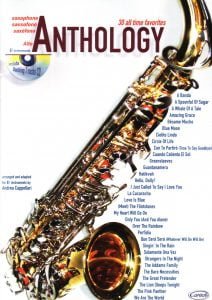
Coleman Hawkins – Body & Soul
“Body and Soul”, by Coleman Hawkins.
Coleman Hawkins was the first great tenor saxophonist in the history of jazz. Considered the “father” of the tenor saxophone in jazz, his stay in Fletcher Henderson’s orchestra, between 1924 and 1925, and above all the influence of his most prominent soloist, the trumpeter, Louis Armstrong, turned him into a prodigious soloist. capable of developing phrasings on his instrument with an agility and fluidity that seemed, in years before his appearance, a pure chimera.
The selection of recordings collected on this album cover twenty years of his career (1939-1959), those that are considered fundamental in the life of this jazz master. Before, he had already established himself as a professor with his solos in Fletcher’s orchestra, maturing his style, polishing and perfecting an unusual and unique way of playing the tenor saxophone, gradually gaining cleanliness, sonority, power and a unique timbre. “Body and Soul” therefore begins in the historic session of October 11, 1939, when he recorded what is considered his masterpiece and without a doubt, one of the jewels in the history of jazz: “Body and Soul”
Coleman Hawkins recorded “Body and Soul” a few months after his return to the United States after his traveling tour of Europe. In three minutes – the three most glorious minutes in the history of jazz, according to some critics – and during two choruses directly improvised in mid-tempo on the original melody, Hawkins, overflowing with lyricism and with a more contained sonority, literally reinvents it with some variations that can only be described as brilliant for their coherence and sense of meter. “Body and Soul” is the best sense of the word, a perfect tenor sax solo that revolutionized at that time, and in that era, the concept and language of the instrument. Since then, there are few saxophonists who have not learned it by heart.
The rest of the album are several recording sessions until 1959. In them, Coleman Hawkins definitively reached his maturity and allowed him to confront the new times of jazz and the new sounds of bebop with complete guarantee. He even went further, hiring into his groups some musicians who over time would become the main figures of modern jazz.
| THE MUSICIANS | THE INSTRUMENTS | TECHNICAL SHEET |
| Navarro facts | trumpet | Record label: RCA-BLUEBIRD |
| Benny Carter | alto sax | Serial number: RCA-4178 |
| Milt Hinton | Double bass | Recording date: 1939-1956 |
| Jay Jay Johnson | Trombon | Recording location: New York |
| Zoot Sims | tenor sax | Rating: 5* out of 5 |
| Hank Jones | Piano | |
| Max Roach | Battery | |
| Coleman Hawkins | Tenor sax and leader |
Browse in the Library:
| Artist or Composer / Score name | Cover | List of Contents |
|---|---|---|
| A dozen A Day Book 2 Technical exercises for the piano |
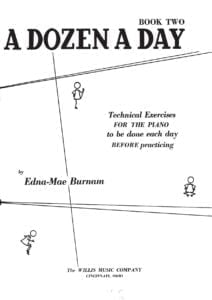 |
|
| A dozen A Day Book 3 Technical exercises for the piano |
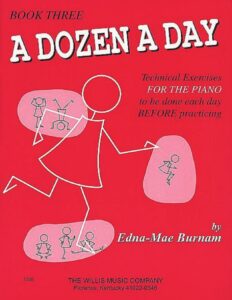 |
|
| A dozen A Day Book 4 Technical exercises for the piano |
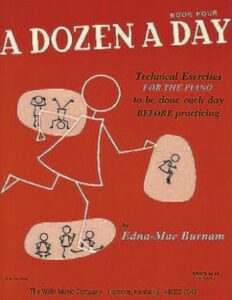 |
|
| A dozen A Day Mini Book Technical exercises for the piano |
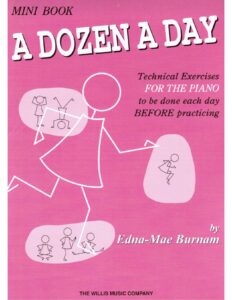 |
|
| A dozen Day Preparatory Book Technical exercises for the piano |
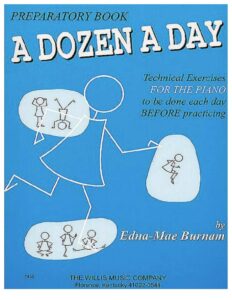 |
|
| A Farewell To Arms Love Theme From A Farewell To Arms film by Mario Nascimbene Francis Webster 1957 |
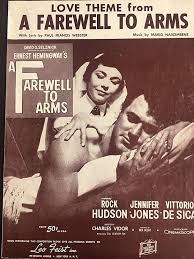 |
|
| A Felicidade (Antonio Carlos Jobim) | ||
| A Festival Gathering Of Carols (Musescore File).mscz | ||
| A Fine Frenzy – Almost Lover |
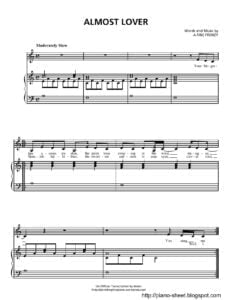 |
|
| A Fistful of Dollars (Ennio Morricone) | ||
| A Generative Theory Of Tonal Music by Fred Lerdahl and Ray Jackendoff (Book) |
 |
|
| A Guide To Guitar Chords by Curt Sheller |
 |
A Guide To Guitar Chords by Curt Sheller |
| A Guide To Musical Analysis by Nicholas Cook (Book) |
 |
|
| A Handbook Of Piano Playing (By Eric Hope) (1962) |
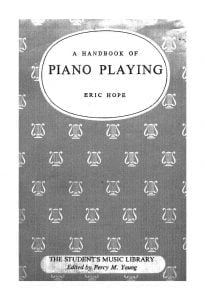 |
|
| A Heart Full Of Love (Musescore File).mscz | ||
| A love suicide (Yutaka Minobe) | ||
| A Love Supreme (by Ashley Kahn) The story of john Coltrane’s signature album (Book) |
 |
|
| A Media Luz (Edgardo Donato) | ||
| A Modern Approach To Jazz Rock And Fusion For Guitar with Tablature |
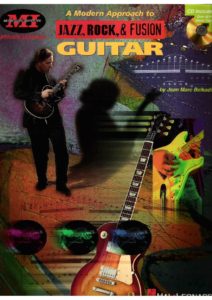 |
A Modern Approach To Jazz Rock And Fusion For Guitar |
| A Modern Method For Guitar (Berklee) 1 by William Leavitt |
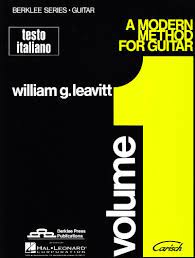 |
A Modern Method Berklee 1 |
| A Modern Method For Guitar (Berklee) 2 by William Leavitt |
 |
A Modern Method For Guitar (Berklee) 2 |
| A Modern Method For Guitar (Berklee) 3 by William Leavitt |
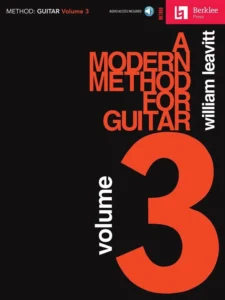 |
A Modern Method For Guitar (Berklee) 3 |
| A MOZART REINCARNATED (Ennio Morricone) |
 |
|
| A Mozart Reincarnated by Ennio Morricone (Musescore File).mscz | ||
| A New Approach To Ear Training by Leo Kraft (BOOK) |
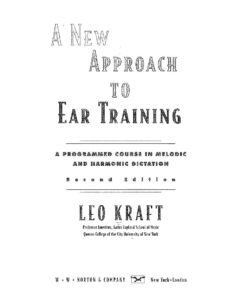 |
|
| A New Approach To Piano Technique (By Ruth A. Dickerson) (1962) |
 |
A new approach to piano technique |
| A Night In Tunisia – Dizzy Gillespie.mscz | ||
| A Pedal Method For The Piano (By Albert F Venino) (1893) |
 |
|
| A Popular Account Of Ancient Musical Instruments And Their Development by William Lynd (Book 1897) |
 |
|
| A Rockin’ Christmas Piano Vocal Guitar |
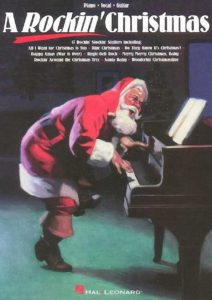 |
20 songs to sing on a rockin’ Christmas Eve Includes: All I Want for Christmas Is You * Grandma Got Run Over by a Reindeer * Happy Xmas (War Is Over) * Jingle-Bell Rock * Merry Merry Christmas Baby * Rockin’ Around the Christmas Tree * Santa Baby & moreRockin Christmas |
| A Single Man – George’s Waltz (Shigeru Umebayashi) | ||
| A Single Man – Stillness of the Mind (Abel Korzeniowski) | ||
| A Smooth Jazz Christmas – Mellow Seasonal Favorites for Piano arr. Roger House |
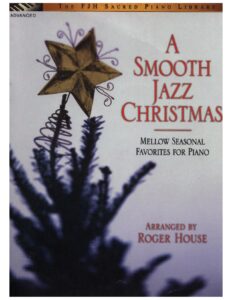 |
A Smooth Jazz Christmas – Mellow Seasonal Favorites for Piano arr. Roger House |
| A Song For You – Leon Russell Ray Charles (Musescore File).mscz | ||
| A Star Is Born – Always Remember Us This Way Lady Gaga |
 |
|
| A Star Is Born – Shallow Lady Lady Gaga |
 |
|
| A Tale Of Two Sisters Ost – Epilogue Piano Solo |
 |
|
| A Thousand Years – Twilight OST (Christina Perri) | ||
| A Time For Love – Johnny Mandel |
 |
|
| A Time For Us – Guitar TABlature |
 |
|
| A Time For Us (Love Theme from Romeo and Juliet) Nino Rota |
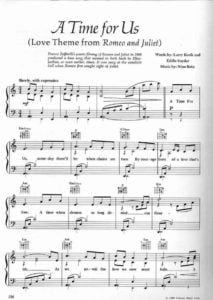 |
|
| A Time For Us (Romeo and Juliet OST) Nino Rota | ||
| A Touch Of Jazz 14 well-known hymns, gospel songs and contemporary praise songs by Wolaver Bill |
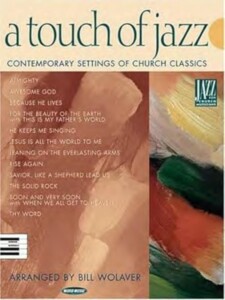 |
A Touch Of Jazz 14 well-known hymns, gospel songs and contemporary praise songs by Wolaver Bill |
| A Tribute To Ella Fitzgerald Piano Vocal Guitar |
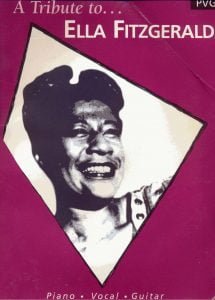 |
A tribute to ELLA FITZGERALD |
| A Walk To Remember – Only Hope | ||
| A whiter shade of pale – Procul Harum | A whiter shade of pale – Procul Harum | |
| AaRON U-turn Lili Piano |
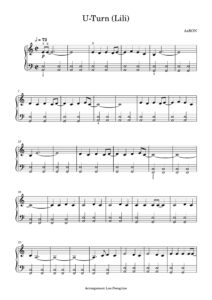 |
|
| Ab Ovo – Joep Beving (Musescore File).mscz | ||
| Abba – Abba Gold – Greatest Hits |
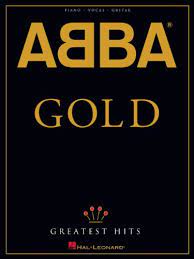 |
ABBA Gold Geatest Hits booksong sheet music |
| Abba – Chiquitita | ||
| Abba – Dancing Queen | ||
| Abba – Fernando | ||
| Abba – I Have A Dream | ||
| Abba – Like An Angel Passing Through My Room | ||
| Abba – Mamma Mia | ||
| Abba – Slipping Through My Fingers | ||
| Abba – Thank You For The Music | Abba-Thank-You-For-The-Music 1st page | |
| ABBA – Thank You For The Music (Piano Vocal Guitar) | ABBA – Thank You For The Music (Piano Vocal Guitar) | |
| ABBA – Thank You For the Music (Piano vocal Guitar) (Musescore File).mscz | ||
| Abba – Thank You For The Music Piano & vocal | Abba – Thank You For The Music-abba-satb | |
| Abba – The Winner Takes It All | ||
| ABBA Dancing Queen Easy Piano Solo |
 |
|
| ABBA Fernando (Piano Solo arr.) |
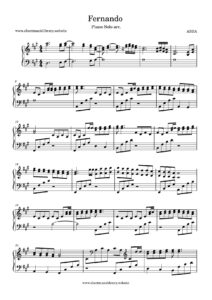 |
|
| ABBA Fernando (Piano Solo arr.).mscz | ||
| ABBA Greatest Hits |
 |
ABBA GREATEST HITS SHEET MUSIC BOOK |
| ABBA I Have A Dream |
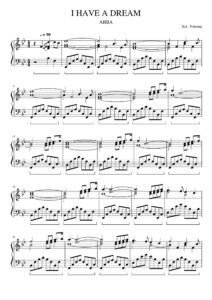 |
|
| Abba The Very Best Vol 1 Easy Piano Hans Gunter Heumann Pop Classics For Piano |
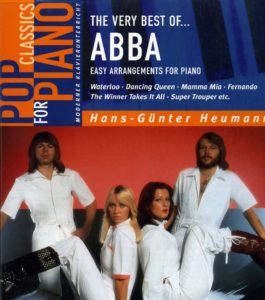 |
Abba The Very Best Vol 1 Easy Piano |
| Abba The Very Best Vol 2 Easy Piano Hans Gunter Heumann Pop Classics For Piano |
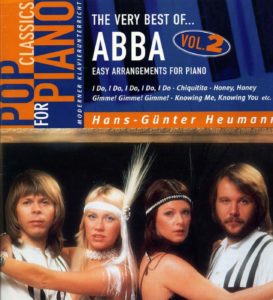 |
Abba The Very Best Vol 2 Easy Piano |
| Abbey Lincoln Songbook |
 |
Abbey Lincoln Songbook |
| Abbey Lincoln Songbook Piano Vocal Guitar Chords |
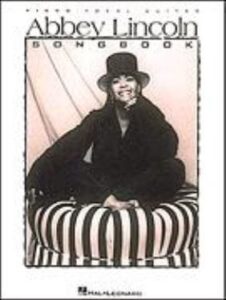 |
Abbey Lincoln Songbook Piano Vocal Guitar Chords |
| Abdullah Ibrahim – The Piano World Of |
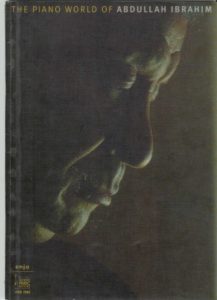 |
Abdullah Ibrahim, The Piano World Of |
| Abdullah Ibrahim The African Piano Of Abdullah Ibrahim Vol 1 |
 |
Abdullah Ibrahim The African Piano Of Abdullah Ibrahim Vol 1 |
| Abdullah Ibrahim The Wedding (piano solo transcription sheet music, partition) |
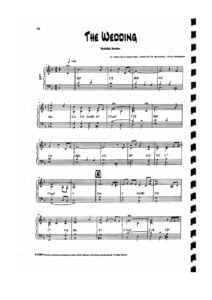 |
|
| Abel Korzeniowski – Death Is My Heir (from Romeo and Juliet) |
 |
|
| ABRSM Jazz Piano Pieces Grade 1 to 5 |
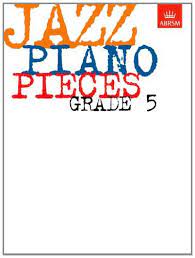 |
ABRSM Jazz Piano Pieces Grade 1 to 5 ABRSM Jazz Piano Pieces Grade 5ABRSM Jazz Piano Pieces Grade 5 |
| ABRSM Piano Exam Pieces Grade 1 (2016) |
 |
ABRSM Piano Exam Pieces Grade 1 (2016) |
| ABRSM Piano Scales, Arpeggios Grade 8 |
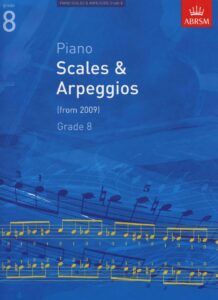 |
|
| ABRSM Piano Scales, Arpeggios and broken chords Grade 1 |
 |
|
| ABRSM Piano Scales, Arpeggios and broken chords Grade 4 |
 |
ABRSM Piano Scales, Arpeggios and broken chords Grade 4 |
| ABRSM Piano Scales, Grade 2 A Guide for Students and Teachers | ABRSM Piano Scales, Grade 2 A Guide for Students and Teachers | |
| ABRSM – Time pieces for guitar vol. 1 |
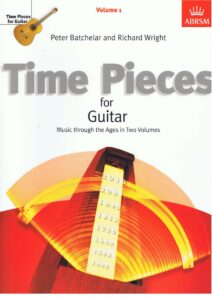 |
|
| ABRSM – Time pieces for guitar vol. 2 |
 |
|
| ABRSM 2017 18 Piano Exam Pieces Grade 1 |
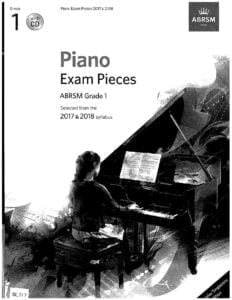 |
ABRSM 2017 18 Piano Exam Pieces Grade 1 |
| ABRSM 2017 18 Piano Exam Pieces Grade 2 |
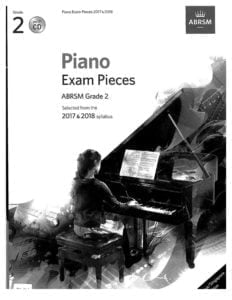 |
ABRSM 2017 18 Piano Exam Pieces Grade 2 |
| ABRSM 2017 18 Piano Exam Pieces Grade 3 |
 |
|
| ABRSM 2017 18 Piano Exam Pieces Grade 4 |
 |
|
| ABRSM 2017 18 Piano Exam Pieces Grade 5 |
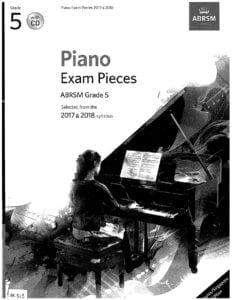 |
|
| ABRSM 2017 18 Piano Exam Pieces Grade 6 |
 |
|
| ABRSM 2017 18 Piano Exam Pieces Grade 7 |
 |
|
| ABRSM 2017 18 Piano Exam Pieces Grade 8 |
 |
|
| ABRSM 2021-2022 Piano Exam Pieces Grade 1 |
 |
|
| ABRSM 2021-2022 Piano Exam Pieces Grade 2 |
 |
|
| ABRSM 2021-2022 Piano Exam Pieces Grade 3 |
 |
|
| ABRSM 2021-2022 Piano Exam Pieces Grade 5 |
 |
|
| ABRSM 2021-2022 Piano Exam Pieces Grade 6 |
 |
|
| ABRSM 2021-2022 Piano Exam Pieces Grade 8 |
 |
|
| ABRSM 2021-2022 Piano Exam Pieces Initial Grade |
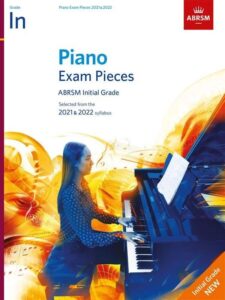 |
ABRSM 2021-2022 Piano Exam Pieces Initial Grade |
| ABRSM Aural Training In Practice Book 1 Grades 1 to 3 |
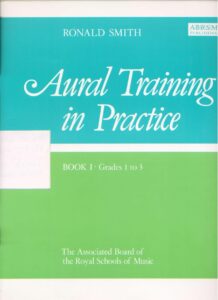 |
|
| ABRSM Aural Training In Practice Book 2 Grades 4 and 5 |
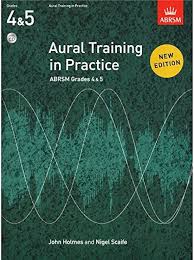 |
|
| ABRSM Discovering Music Theory (Complete) Grades 1 to 5 Workbook by Simon Rushby (2020 Exams) |
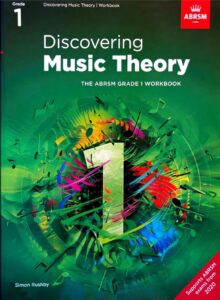 |
ABRSM Discovering Music Theory (Complete) Grades 1 to 5 Workbook by Simon Rushby (2020 Exams) contents |
| ABRSM Erster Verlust Grade 4 ABRSM Piano Exam Pieces 2021 & 2022 |
 |
|
| ABRSM Etude In A Minor – Dmitry Kabalevsky ABRSM Grade 4 Piano Exam Pieces 2021 & 2022 |
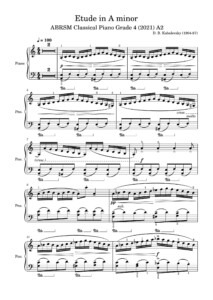 |
|
| ABRSM Grade 2 – Inter-City Stomp byChristopher Norton From Microjazz Collection (Sheet Music) |
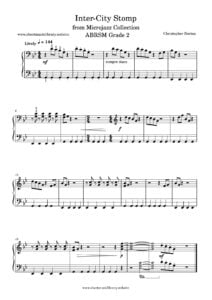 |
|
| ABRSM Initial Grade Piano Exam Pieces 2023 2024 |
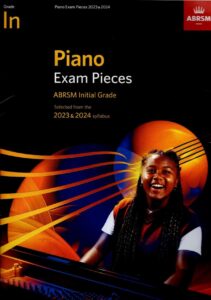 |
|
| ABRSM Minuet and Trio D 41 No 21 – Franz Schubert ABRSM Grade 4 Piano Exam Pieces 2021 & 2022 |
 |
|
| ABRSM More Music Theory Sample Papers Grade 5 For New Format |
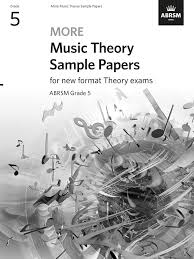 |
|
| ABRSM Music Theory In Practice, Grade 1 (Eric Taylor) |
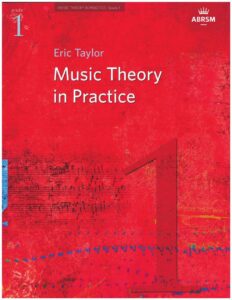 |
|
| ABRSM Music Theory In Practice, Grade 2 (Eric Taylor) |
 |
|
| ABRSM Music Theory Past Papers Grade 1 2004 |
 |
|
| ABRSM Music Theory Past Papers Grade 4 2016 |
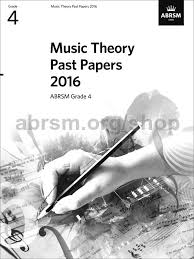 |
|
| ABRSM Music Theory Past Papers Grade 5 2012 |
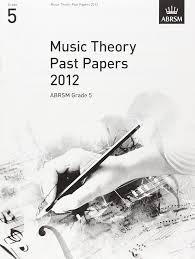 |
|
| ABRSM Music Theory Past Papers Grade 6 2013 |
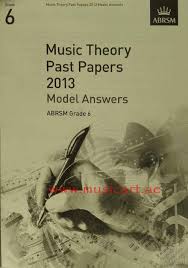 |
|
| ABRSM Nikki Iles Danny Boy ABRSM Piano Exam Grade 8 2023 Jazz Piano arr. inspired by Bill Evans |
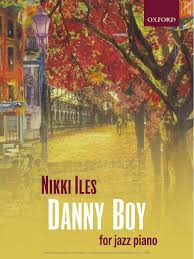 |
|
| ABRSM Nikki Iles Friends Book 1 Intermediate Jazz Pieces For Piano |
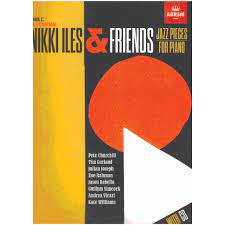 |
ABRSM Nikki Iles Friends Book 1 Intermediate Jazz Pieces For Piano |
| ABRSM Nikki Iles Friends Book 2 Intermediate To Advanced Jazz Pieces For Piano |
 |
ABRSM Nikki Iles Friends Book 2 Intermediate To Advanced Jazz Pieces For Piano |
| ABRSM Nikki Iles The Elephant Parade ABRSM piano Exam |
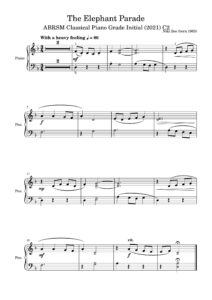 |
|
| ABRSM Piano 2025-2026 Grade 8 C3 A Nightingale Sang in Berkeley Square by Sherwin – Maschwitz |
 |
|
| ABRSM Piano Exam 2007-2008 Grade 3 |
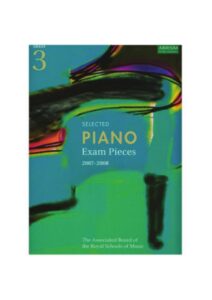 |
|
| ABRSM Piano Exam 2015-16 Grade 3 |
 |
ABRSM Piano Exam 2015-16 Grade 3 |
| ABRSM Piano Exam 2023-24 Grade 3 C3 THE ENTERTAINER – SCOTT JOPLIN |
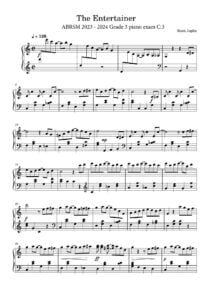 |
